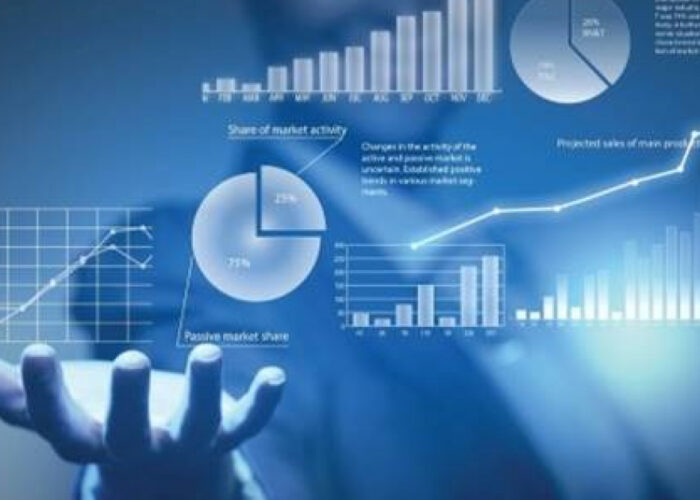In recent years, the amount of data being generated has increased dramatically, giving rise to the term “Big Data”. Big Data refers to large sets of structured and unstructured data that can be analyzed to reveal patterns, trends, and associations. This data can come from a variety of sources, including social media, sensors, and customer interactions. The impact of Big Data on business and society is significant, and it is changing the way we operate in a variety of industries.
Impact on Business
Big Data has had a profound impact on business, and it has transformed the way companies operate. Here are a few of the ways that Big Data is changing the business landscape:
- Improved Decision Making
Big Data provides companies with the ability to make more informed decisions. By analyzing large amounts of data, companies can identify patterns and trends that were previously invisible. This information can be used to improve product development, marketing strategies, and customer service.
- Increased Efficiency
Big Data can help companies optimize their operations and increase efficiency. For example, companies can use data analytics to identify areas where they are overspending or wasting resources. This information can be used to make changes that will reduce costs and improve efficiency.
- Competitive Advantage
Big Data provides companies with a competitive advantage. By analyzing data from customers, competitors, and other sources, companies can identify trends and opportunities that their competitors may miss. This information can be used to develop new products, improve marketing strategies, and gain market share.
Impact on Society
Big Data is also having a significant impact on society. Here are a few of the ways that Big Data is changing the world:
- Improved Healthcare
Big Data is transforming healthcare by providing doctors and researchers with access to large amounts of medical data. This data can be used to identify patterns and trends, develop new treatments, and improve patient outcomes.
- Enhanced Public Safety
Big Data is being used to enhance public safety by providing law enforcement agencies with access to large amounts of crime data. This information can be used to identify patterns and trends, develop predictive models, and prevent crime.
- Increased Personalization
Big Data is being used to personalize products and services. By analyzing data from customers, companies can develop products and services that are tailored to the individual needs and preferences of each customer. This can lead to improved customer satisfaction and loyalty.
Challenges
Despite the many benefits of Big Data, there are also challenges that must be addressed. Here are a few of the challenges associated with Big Data:
- Privacy
Big Data raises privacy concerns, as the data being analyzed often includes personal information. There is a risk that this information could be used in ways that violate privacy laws or compromise the security of individuals.
- Security
Big Data also raises security concerns, as the data being analyzed is often sensitive and valuable. Companies must take steps to protect this data from cyber threats and other security risks.
- Skills Gap
Finally, there is a skills gap associated with Big Data. Analyzing large amounts of data requires specialized skills, and there is currently a shortage of people with these skills.
Conclusion
Big Data is transforming the way we do business and the way we live our lives. It is providing companies with new insights and opportunities, and it is helping to improve healthcare, public safety, and other aspects of society. However, there are also challenges that must be addressed, including privacy concerns, security risks, and a skills gap. As we continue to generate more data, it will be important to address these challenges and ensure that we are using Big Data in a responsible and ethical way.





